Riot Games aims to expand the formula used in competitive League of Legends and more recently in VALORANT to its newer IPs, such as Teamfight Tactics, Legends of Runeterra, or Wild Rift, the company revealed during its League season 11 presentation today.
In addition, Riot will expand its commitment to moving its leagues into the long-term partnership model, commonly known as franchising, by adding the Brazilian CBLoL to the list.
There’s no doubt that the structure of League esports is one of the best in the entire industry today. And that’s something that Riot wants to maintain and even improve for the second decade of League.
“We’re proud of our history, but we’ve only just begun,” Riot said. “New meta, new stars, new attitude. The next decade of League begins now. We will continue to build a thriving, multi-generational global sport, bringing joy to billions of fans around the world. Our innovation and creativity has led to competition and pop-culture moments that resonate with a growing global audience, making League of Legends esports a continuously top choice for sports and entertainment.”
Last year was tough on most facets of life, including esports events. In 2020, Riot had to cancel the Mid-Season Invitational due to the COVID-19 pandemic. But Riot still managed to host the 2020 League World Championship with relative normality, including allowing some fans to spectate the finals in person. Even with the challenging circumstances, Worlds ended up being a clear success, with a peak of 3,882,252 concurrent viewers.
For the next decade, Riot wants to continue being a leading company in terms of esports, making them even bigger and better.

The highest level of Brazilian League competition, the CBLoL, will also transition into Riot’s franchise model for 2021, the company announced today. This isn’t Riot’s first league to adopt this format, though. Most recently, the LCK presented its new logo and franchised league for the upcoming year. The CBLoL will also receive a rebranding, just like the LCS and the LCK.
This means that in recent months, Riot will have rebranded three leagues and moved two to its franchise model.
Riot is also looking to expand its esports vision, using its experience in terms of structure from League and VALORANT for its other new IPs.
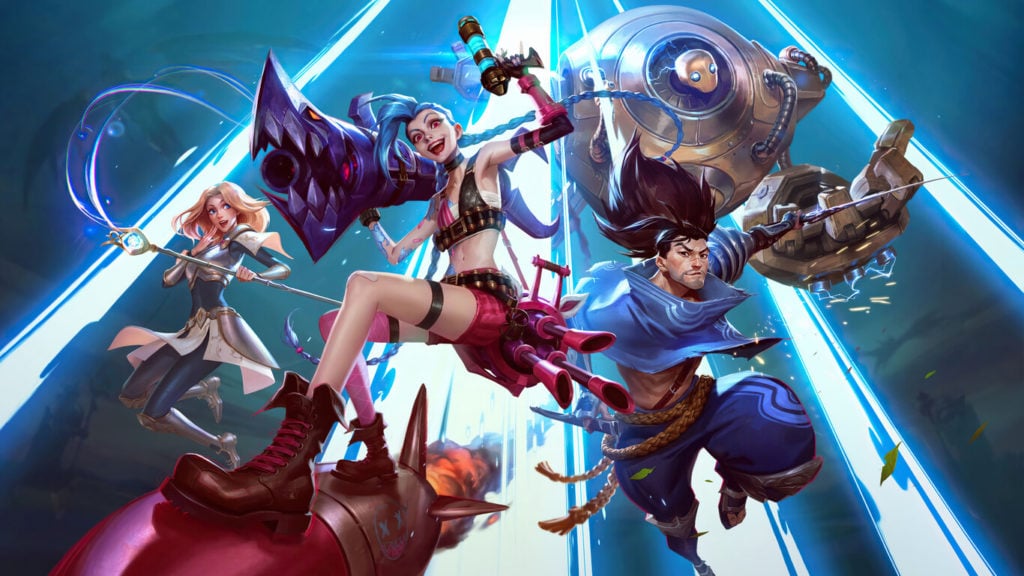
Riot, therefore, will enter the competitive market for mobile games, developing a new competitive structure for Wild Rift, the company’s mobile adaptation of League. “Like League PC, Wild Rift is wildly competitive, with the depth, complexity, and high-stakes moments that make for a great sport,” said John Needham, the head of global esports at Riot. “While it’s still incredibly early, we’re excited to bring our passion and dedication for esports to mobile.”
Riot already has plans for competitive Wild Rift in Southeast Asia, where the season will kick off with several smaller, intermittent competitive events throughout March. In April, teams will transition to eight, location-specific tournament circuits where they’ll compete for the title of local champion and a chance to later play against other local champions from across Southeast Asia.
With TFT and LoR, Riot has already taken some steps forward to achieve a competitive structure with tournaments like the TFT World Championship. But that’s something Riot will continue to build on in 2021.
Make sure to follow us on YouTube for more esports news and analysis.




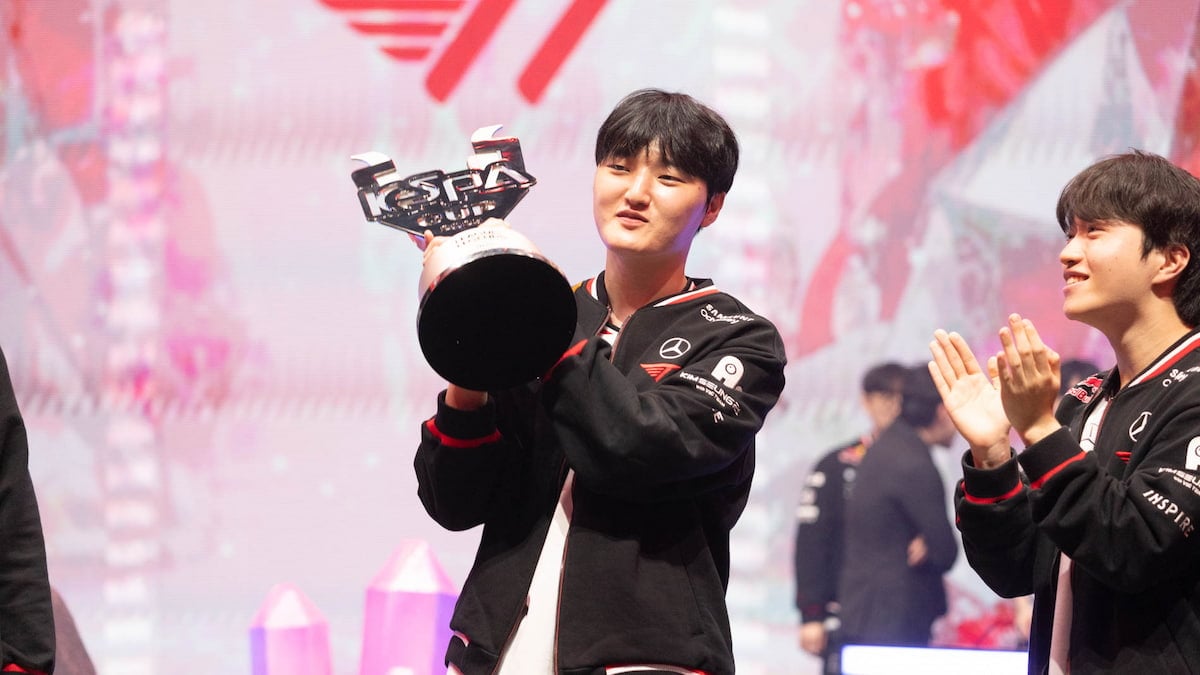
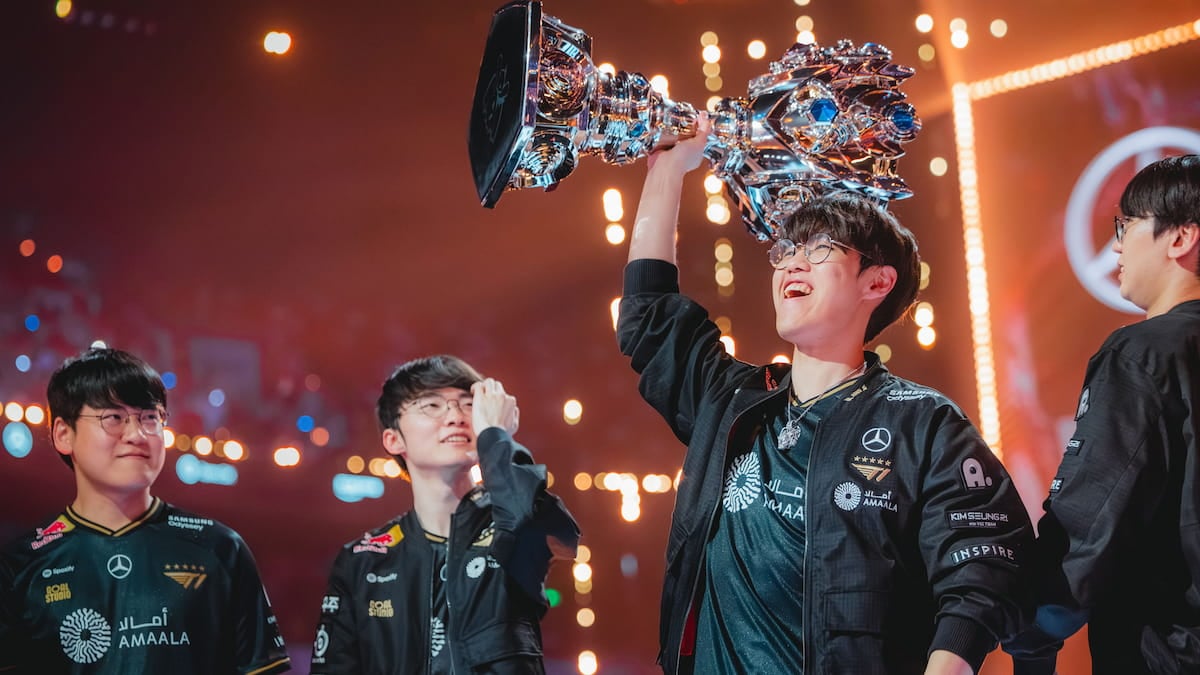
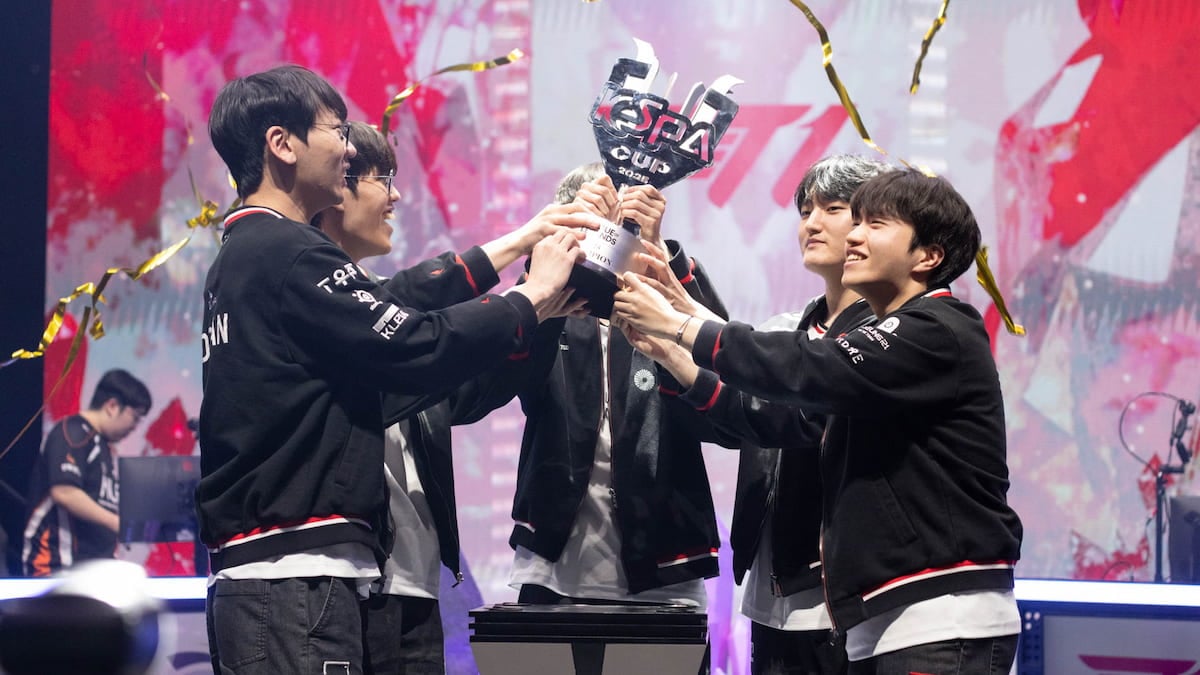
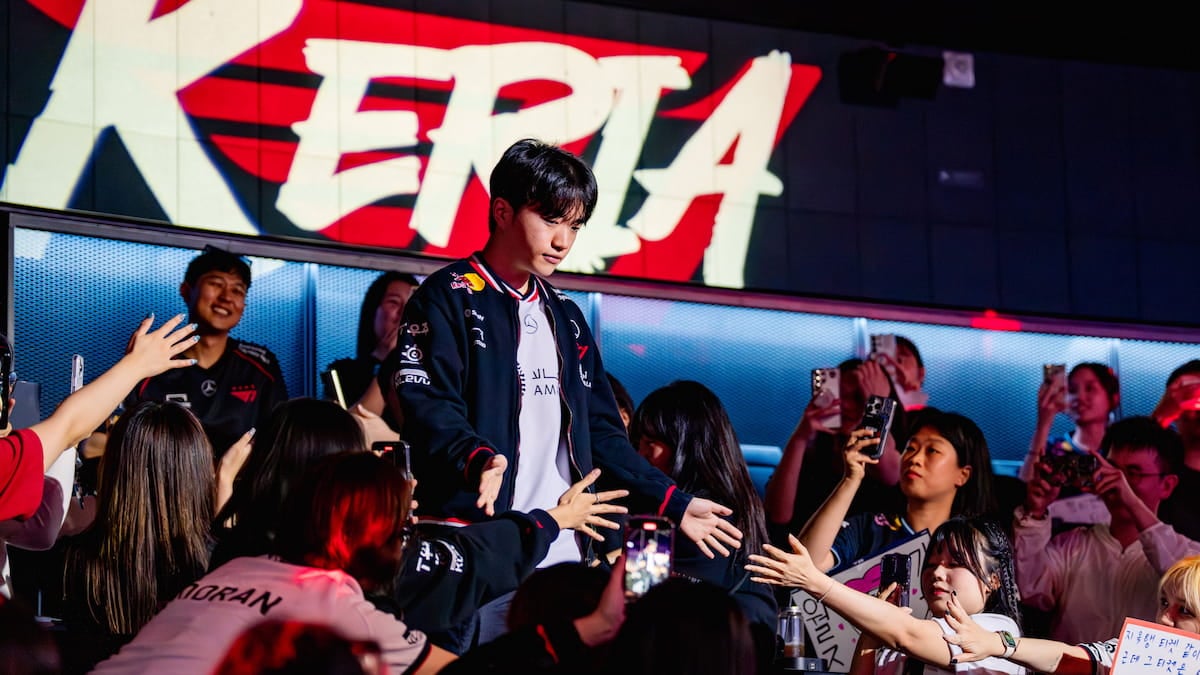
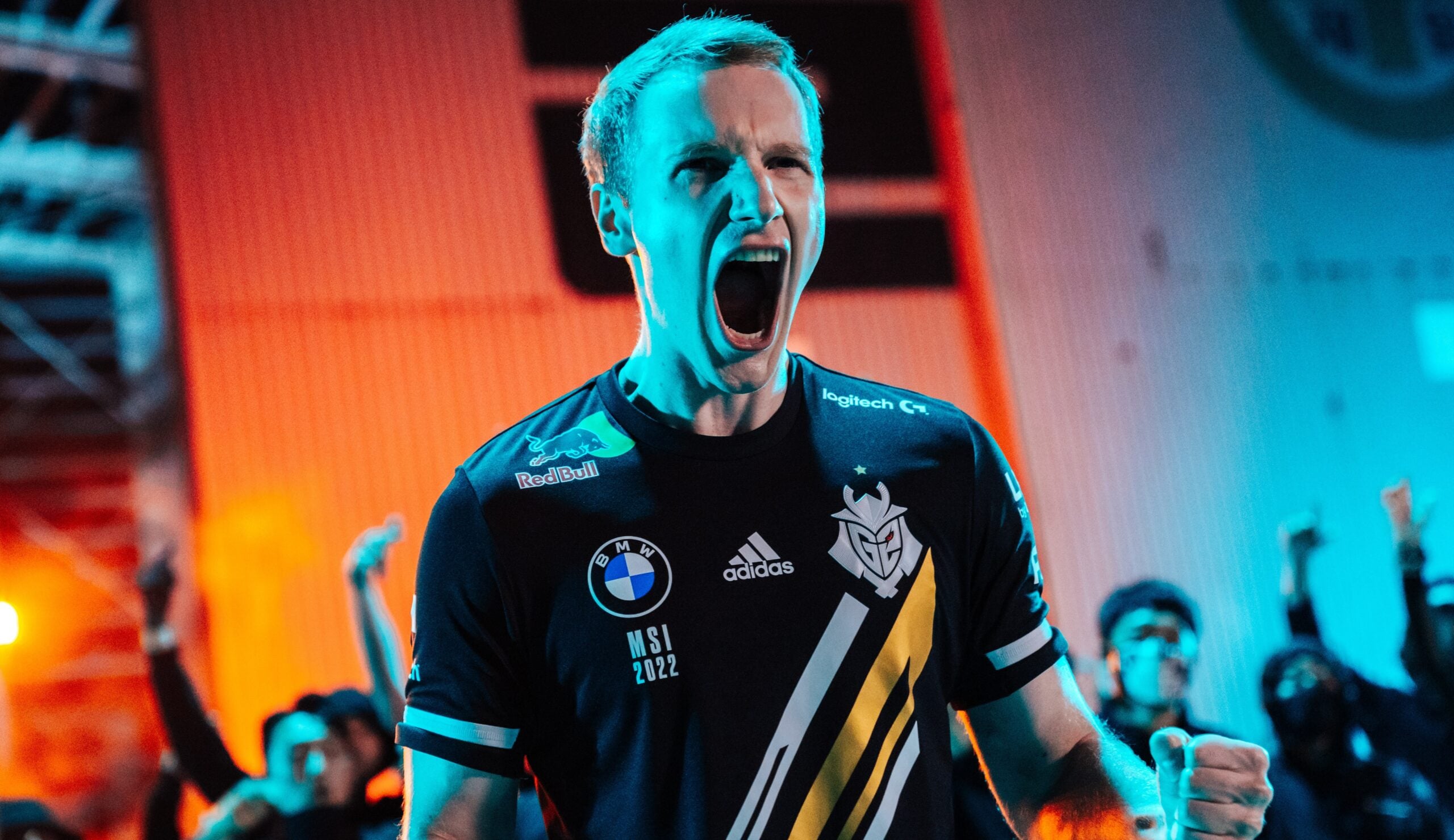


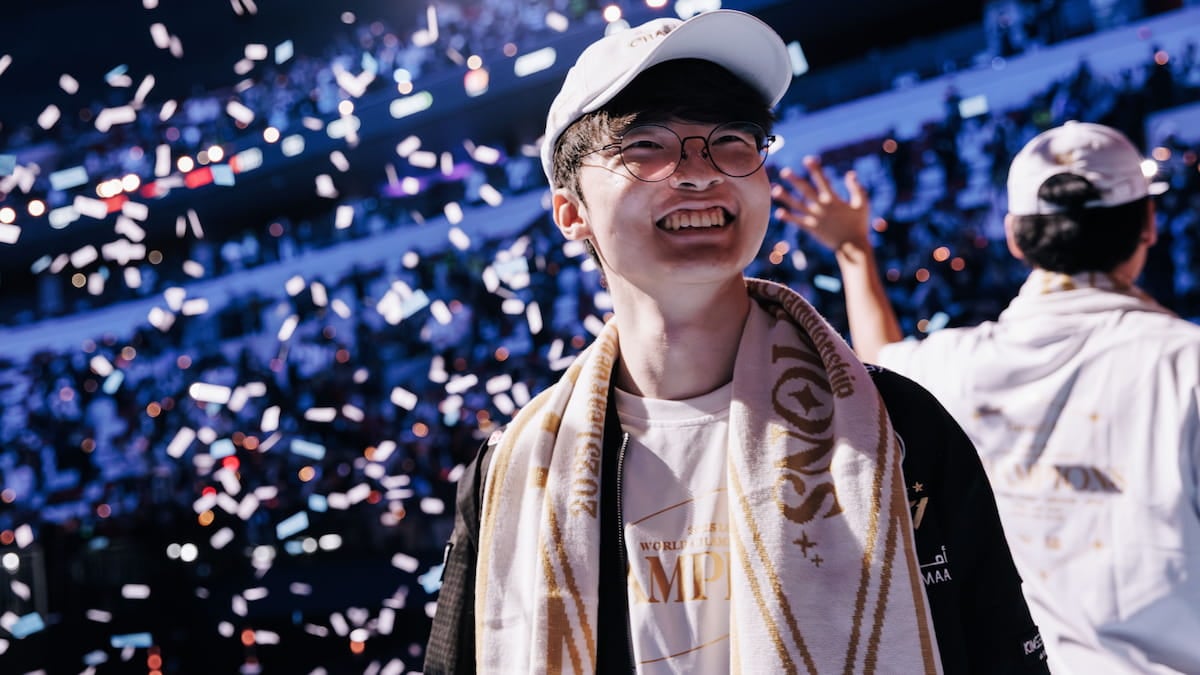

Published: Jan 8, 2021 10:51 am